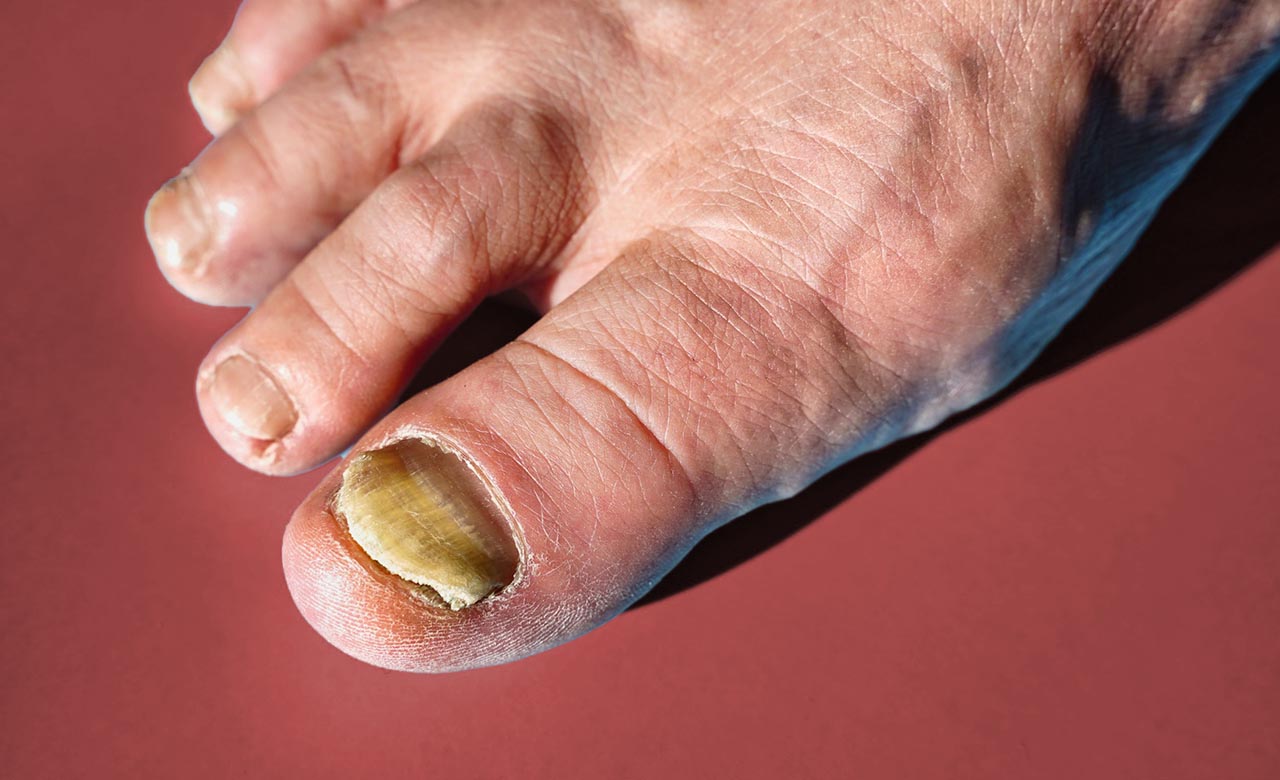Toenails are like the protective layers that cover the top of our toes. They protect our toes from injuries. They are as same as the fingernails. They are formed from keratin. The toenail could be affected by several reasons. Even they could be irritated by high heat and cutting them too short. The question is why are my toenails not growing? Sometimes, ingrown toenails and infections are the reason behind the toenail problems.
Infection
If a person feels pain and sees broken skin near the toenail, it is a sign of an ingrown toenail. It is a condition when the toenail grows outward and not straight up; this condition leads to inflammation, and the person feels high-intensity pain. If the inflammation doesn’t settle down, then doctors usually prescribe to have surgery. To prevent ourselves from this condition, we must cut our nails limited. And don’t over-cut them. In this way, the chances of getting bacteria and infection decreases. significantly
Trauma (injury)
Improper care of toenails, such as wearing too tight or loose footwear, can lead to sudden injury. Mostly ingrown toenails happen because of this reason. In this way, the toenails get the infection quickly. You can prevent this condition by wearing thick socks and perfect-size footwear.
Poor nutrition
Not getting enough nutrients is another cause of ingrown toenails. Our overall body needs essential nutrients for proper functioning. Nutrition plays a vital role in our toenails. Good nutrition may help us maintain our toenails. And the risk of getting infections or bacteria decreases.
Treatment For Ingrown Toenails
If the person is going through diabetes, it’s necessary to give extra care to your feet and toenails. And if any infection hits a diabetic patient, consult a doctor as soon as possible. If you are not a diabetic patient, then the treatment option listed below may help you;
- Soaking feet for 10 to 15 minutes in suitable warm water
- Then, take a piece of cloth and gently try to remove the skin from the toenail area. Keep using this method for some days, and try not to overcut your nails.
- Give them proper care to grow properly. Try to take appropriate multivitamins so they can get adequate nutrition.
Your general practitioner may help you by checking if any visible symptoms of ingrown toenails are present. If any visible symptoms are found, then antibodies are recommended by a general practitioner. If the ingrown toenail doesn’t improve, the general practitioner may ask you to visit a foot specialist.
A podiatrist may help you with your question of why are my toenails not growing? by checking your toenail and cutting the part of the affected toenail. Or by removing the whole nail if the condition can’t be stable. The podiatrist will give you anesthesia and numb your toenail to remove the whole toenail.
Nutrients For Ingrown Toenails
Healthy and robust nails need a lot of nutrition. Here is the list of all essential nutrients that may help you to maintain your nail health;
- Biotin
- Iron
- Magnesium
- Omega 3 fatty acids
- Protein




